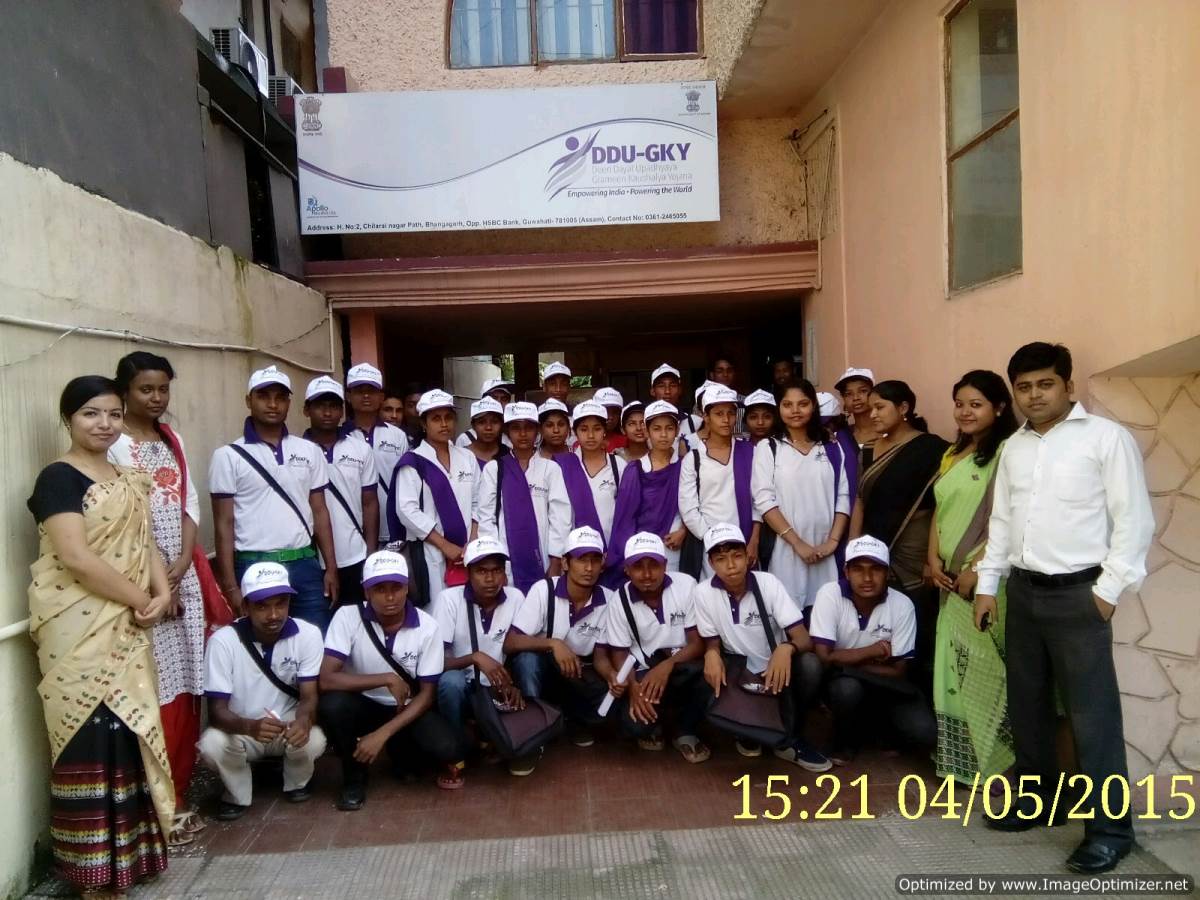Editing is the key to the making or breaking of your content – whether it’s an article, a blog or a book. As content becomes increasingly digital, the role of an editor has become even more significant. This Skill Talk by Dharani Kothandapani, Consulting Editor, re-emphasizes the need for editing skills that are relevant for different forms of writing, spanning across careers in Book Publishing, Instructional Design, Journalism and Web Content Development. Before her retirement from Orient Blackswan Pvt Ltd, Dharani has edited several books, many of which have become popular textbooks and reference books.
Writing is not a one-time activity that gets done in the first attempt. It involves rewriting and revision to improve it. This is necessary because you are writing for an audience and you want to convey a message in the form of a book or an article. And it has to be simple, logical and coherent. This applies to any form of writing that is non-fictional – it could be a textbook that meets the requirements of a university syllabus, an article, a reference book or a book on personality development.
Role of an editor
Every piece of writing needs editing; many publishing houses work with teams of editors. Editing is an integral part of the writing process and mostly it is unconscious and informal. In the publishing house, it is done formally with the help of professionals, following systematic processes. Editors facilitate the communication of the author’s idea and content using different skills.

Language and communication skills
Editing demands high levels of proficiency in a language. Your aptitude to read and understand the content by grasping its essence is critical in honing your editing skills. The reading skills have to be complemented with an eye for details and your ability to quickly identify mistakes and point out errors. The author may have complex style – you make it simple, easy to understand and reader-friendly.
Ability to collaborate with the author
An editor needs to build a good rapport with the author because this becomes necessary for a long-term collaboration. The relationship between the editor and the author is based on trust. The editor aids the author by asking the right questions, by raising doubts and advices accordingly. For instance, in one of the books I was editing, the subject was highly scientific and the author quoted extensively from Keats and Shakespeare. It was difficult to convince him that the quotes were unnecessary and they hampered the ease of reading and flow of thought. Often, the editor has to make the author understand that whatever he or she is doing is in the best interest of the author.
The author-editor relationship continues even after the book is published. Editors become the single point of contact for book reviews, author’s queries after the book has been launched.
Content accuracy and originality
Whether it’s a book or an article, coherent structuring is essential. After establishing the structure, the editors follows it up by a thorough check on the originality of the content, its accuracy and getting permission for copyrighted content, where required. If you are borrowing ideas from someone, be careful to attribute and acknowledge, nowadays it is very common to hear about content being lifted from various sources and passing it off as their own. Publishers are investing in tools to detect plagiarism.
Proof reading and copy editing skills
Most publishers have their own style sheets with regard to spelling, punctuation and typography. This serves as a guide while editing the manuscripts. After the information gaps are plugged in, we take care of consistency throughout. For example, you cannot spell ‘et cetera’ in one line and use ‘etc’ in another. You can’t mix up British and American spellings. So, certain things have to be standardized as per the style sheet. We check the grammar punctuation, mark the level heads and then it goes off to the printer, after the camera-ready copy (CRC) is prepared.
Technical skills
It’s not just the knowledge about using tools for documentation or spreadsheets; editors have to constantly update themselves about the latest technologies and tools for writing and editing. They should also train themselves in using advanced editing features for revision and formatting. And, of course, managing different versions of their documents.
Administration and managerial skills
Editing doesn’t happen in isolation, you work in teams. A major part of the editor’s role also gets into coordinating with the production team for arriving at the cost of the book, based on the marketing inputs. Editors also contribute to other decisions pertaining to the size of the book, the number of pages, illustrations, the cover page, the blurb, appendices, foreword, preface and so on. They interact with the typesetter for the layout, fine tune it, and get it reviewed by the author.
Training and jobs
In most editorial roles, training is done in-house, on-the-job, when you join a publisher. Normally, such training lasts for a week and it’s mostly under the guidance of senior editors. Some publishers hire interns too. These days there are many editing jobs or free lancers and work-from-home professionals with clients from different parts of the world.
In most publishing houses, the entry-level role is that of an assistant editor. They move up the ladder as senior editors and managing editors. Software companies and content development firms also need editors to be a part of their writing teams.
Tips for self-editing
Whatever be the platform – online or a printed book, people should follow editorial rules and conventions otherwise you will end up with shoddy writing, with plenty of short forms, emoticons and all that. At least writers should be using a dictionary and a thesaurus to see if they are using the right words. They should realize the importance of revising and editing. They could start self-learning by referring to books like Strunk and White’s Elements of Style or the Chicago Manual of Style.
Subscribe to our YouTube channel for more updates:
Subscribe on YouTube



